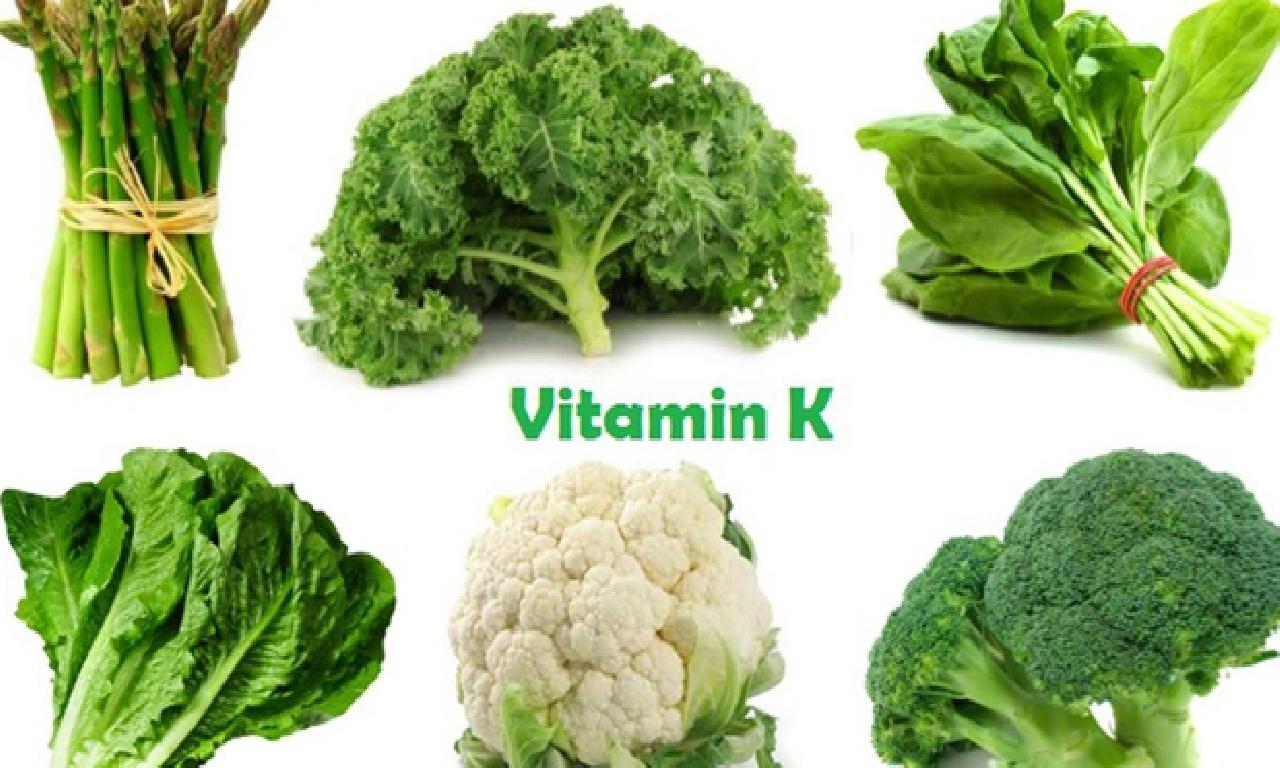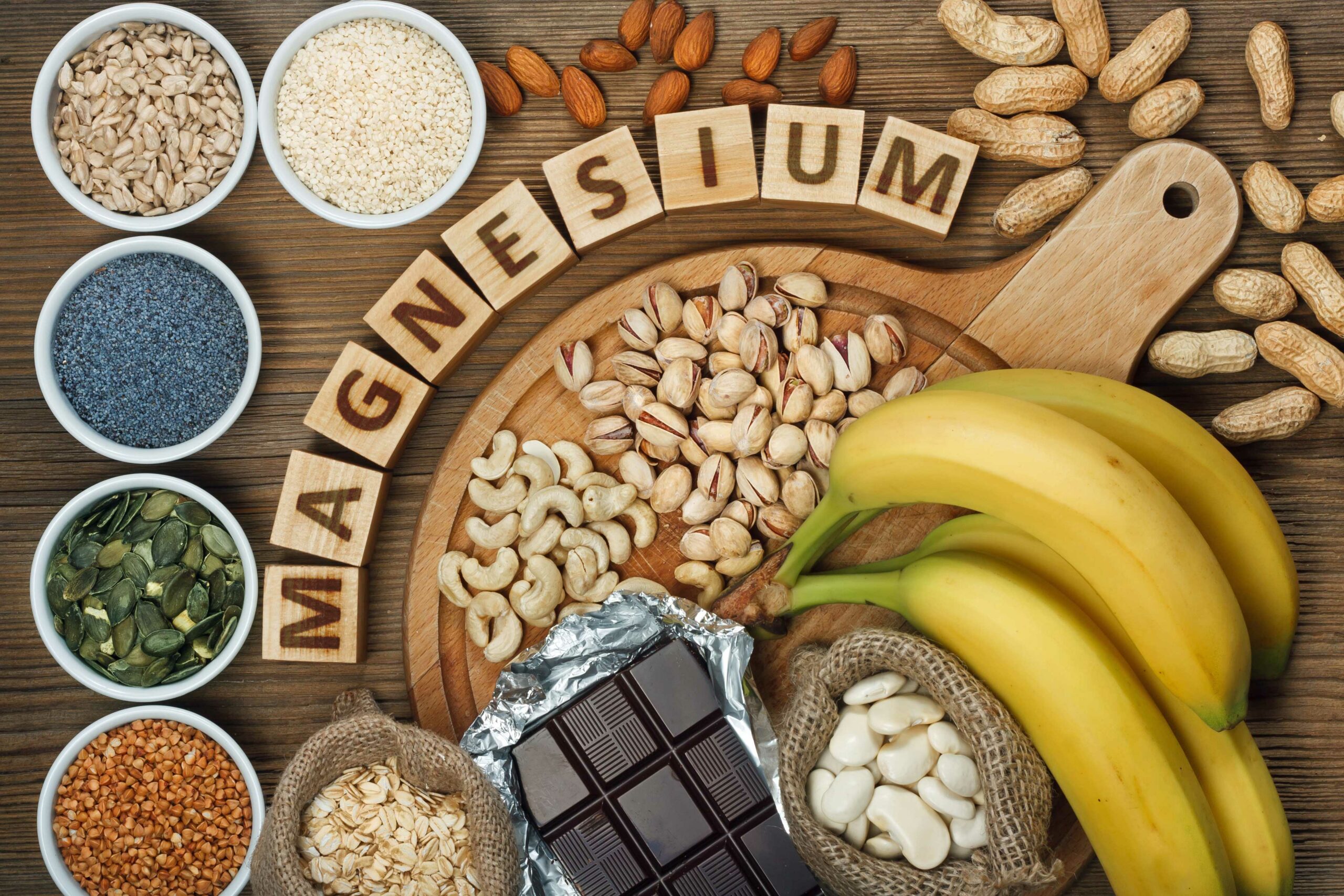Introduction
Oxygen Transport and Hemoglobin Formation
Iron is a crucial component of hemoglobin, a protein in red blood cells responsible for transporting oxygen from the lungs to tissues and organs throughout the body. Without adequate iron, the body cannot produce enough hemoglobin, leading to a condition known as iron-deficiency anemia. This condition results in fatigue, weakness, and a reduced ability of the blood to carry oxygen, negatively impacting overall energy levels and bodily functions.
Prevention and Treatment of Anemia
Iron deficiency is a common cause of anemia, a condition characterized by a low red blood cell count or inadequate hemoglobin levels. Anemia can result in a range of symptoms, including fatigue, shortness of breath, and dizziness. Consuming sufficient iron through the diet or supplements is essential for preventing and treating iron-deficiency anemia, ensuring that the body can effectively transport oxygen and maintain overall health.
Improved Muscle Function
Iron is involved in the formation of myoglobin, a protein in muscles that stores and transports oxygen for muscle contractions. Adequate iron levels are essential for optimal muscle function and performance. Individuals with low iron levels may experience muscle weakness, fatigue, and reduced exercise tolerance. Ensuring an adequate intake of iron is particularly important for athletes and those engaged in regular physical activity.
Cognitive Function
Iron plays a role in cognitive function, and a deficiency in this mineral has been linked to cognitive impairments, especially in children. Iron is necessary for the proper development and function of the brain, and insufficient levels may negatively impact learning, memory, and attention. It is crucial for pregnant women to maintain sufficient iron levels, as iron deficiency during pregnancy can affect the cognitive development of the fetus.
Immune System Support
Iron is essential for the normal functioning of the immune system. It is involved in the production of white blood cells, which play a key role in the body’s defense against infections and illnesses. Iron deficiency can impair the immune response, making individuals more susceptible to infections. Ensuring an adequate intake of iron is crucial for maintaining a robust immune system and preventing recurrent infections.
Energy Metabolism
Iron is a cofactor for enzymes involved in energy metabolism, including those responsible for the production of adenosine triphosphate (ATP), the primary energy currency of cells. Iron deficiency can result in reduced energy production, leading to fatigue and lethargy. By supporting energy metabolism at the cellular level, iron contributes to overall vitality and well-being.
Regulation of Body Temperature
Iron is involved in the regulation of body temperature. It helps the body maintain a balance between heat production and heat loss, which is essential for normal physiological functioning. Iron deficiency can disrupt this balance, leading to temperature dysregulation and potentially contributing to symptoms such as cold intolerance or excessive sweating.
Healthy Pregnancy
Iron is particularly important during pregnancy to support the increased blood volume and oxygen needs of both the mother and the developing fetus. Iron deficiency during pregnancy can lead to maternal anemia, preterm birth, and low birth weight. Supplementing with iron is a common practice during pregnancy to ensure the health and well-being of both the mother and the baby.
Prevention of Restless Legs Syndrome
Restless Legs Syndrome (RLS) is a neurological disorder characterized by an irresistible urge to move the legs, often accompanied by uncomfortable sensations. Iron deficiency has been identified as a potential risk factor for RLS. Ensuring an adequate intake of iron may help prevent or alleviate symptoms of RLS, promoting better sleep and overall quality of life.
Wound Healing and Tissue Repair
Iron is involved in the synthesis of collagen, a protein that plays a crucial role in wound healing and tissue repair. Adequate iron levels support the body’s ability to form new tissue, close wounds, and maintain the integrity of the skin. Individuals with iron deficiency may experience delayed wound healing and increased susceptibility to infections.
In conclusion
iron is an essential mineral with a myriad of benefits for overall health and well-being. From oxygen transport and preventing anemia to supporting muscle function, cognitive development, and immune system function, its role in various physiological processes is vital. Maintaining sufficient iron levels through a balanced diet that includes iron-rich foods or supplementation when necessary is crucial for preventing deficiencies and promoting optimal health. As with any nutrient, it’s important to consult with a healthcare professional to determine individual iron needs and address any potential concerns related to iron intake or absorption.
- A Fun User’s Guide to Mushroom Capsules from House of Shrooms - July 30, 2024
- Kratom Powder BY Just Kratom-Embark on a Kratom Adventure: A Personal Review of Just Kratom’s Powder Collection - March 15, 2024
- Unveiling the Flavorful World of Doozy Vape Co: A Taste Sensation in Every Puff - February 28, 2024




